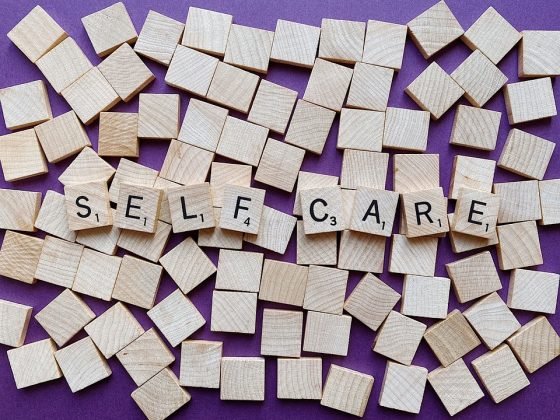Eating for energy involves making smart food choices that provide your body with the nutrients it needs to function optimally. By focusing on whole, nutrient-rich foods, you can give your body the fuel it needs to power through your day without feeling depleted.
Here are some tips for eating for energy:
1. Incorporate a balance of macronutrients: Protein, carbohydrates, and fats are all essential macronutrients that provide your body with energy. Make sure each meal includes a source of protein, healthy fats, and complex carbohydrates to keep you feeling full and energized.
2. Choose whole, unprocessed foods: Foods that are processed and high in added sugars can lead to spikes and crashes in blood sugar levels, leaving you feeling tired and irritable. Opt for whole foods like fruits, vegetables, whole grains, and lean proteins to keep your energy levels stable throughout the day.
3. Stay hydrated: Dehydration can lead to fatigue and low energy levels. Aim to drink at least eight glasses of water a day, and more if you're active or live in a hot climate. Herbal teas, sparkling water, and coconut water are also good hydrating options.
4. Eat regular meals and snacks: To maintain stable energy levels, it's important to eat regular meals and snacks throughout the day. Plan ahead and pack healthy snacks like nuts, seeds, fruit, or yogurt to keep you fueled when you're on the go.
5. Avoid skipping meals: Skipping meals can lead to drops in blood sugar levels and leave you feeling weak and exhausted. Make sure to eat breakfast, lunch, and dinner each day, and include healthy snacks in between meals if needed.
6. Limit caffeine and sugar: While caffeine and sugar can provide a temporary energy boost, they can also lead to crashes and leave you feeling even more tired than before. Limit your intake of coffee, energy drinks, soda, and sugary snacks, and opt for natural sources of energy like green tea or a piece of fruit instead.
7. Get enough sleep: In addition to eating well, getting enough sleep is crucial for maintaining high energy levels. Aim for seven to nine hours of sleep each night to allow your body to rest and recharge.
FAQs:
Q: Can certain foods boost energy levels?
A: Yes, certain foods can help boost energy levels, such as fruits, vegetables, whole grains, lean proteins, and healthy fats. These foods provide your body with the nutrients it needs to function optimally and can help keep you feeling energized throughout the day.
Q: What are the best snacks for maintaining energy levels?
A: Healthy snacks like nuts, seeds, fruit, yogurt, and whole grain crackers are all great options for maintaining energy levels. These snacks provide a balance of macronutrients and can help keep you feeling full and focused between meals.
Q: How important is hydration for energy levels?
A: Hydration is crucial for maintaining high energy levels. Dehydration can lead to fatigue and low energy levels, so make sure to drink plenty of water throughout the day to stay hydrated.
Q: How can I avoid energy crashes?
A: To avoid energy crashes, focus on eating regular meals and snacks that include a balance of macronutrients. Avoid skipping meals, limit caffeine and sugar intake, and prioritize getting enough sleep each night to keep your energy levels stable.
In conclusion, eating for energy involves making smart food choices that provide your body with the nutrients it needs to function optimally. By focusing on whole, unprocessed foods, staying hydrated, and eating regular meals and snacks, you can maintain high energy levels and feel your best throughout the day. Make sure to listen to your body and adjust your diet as needed to keep your energy levels stable and consistent.











